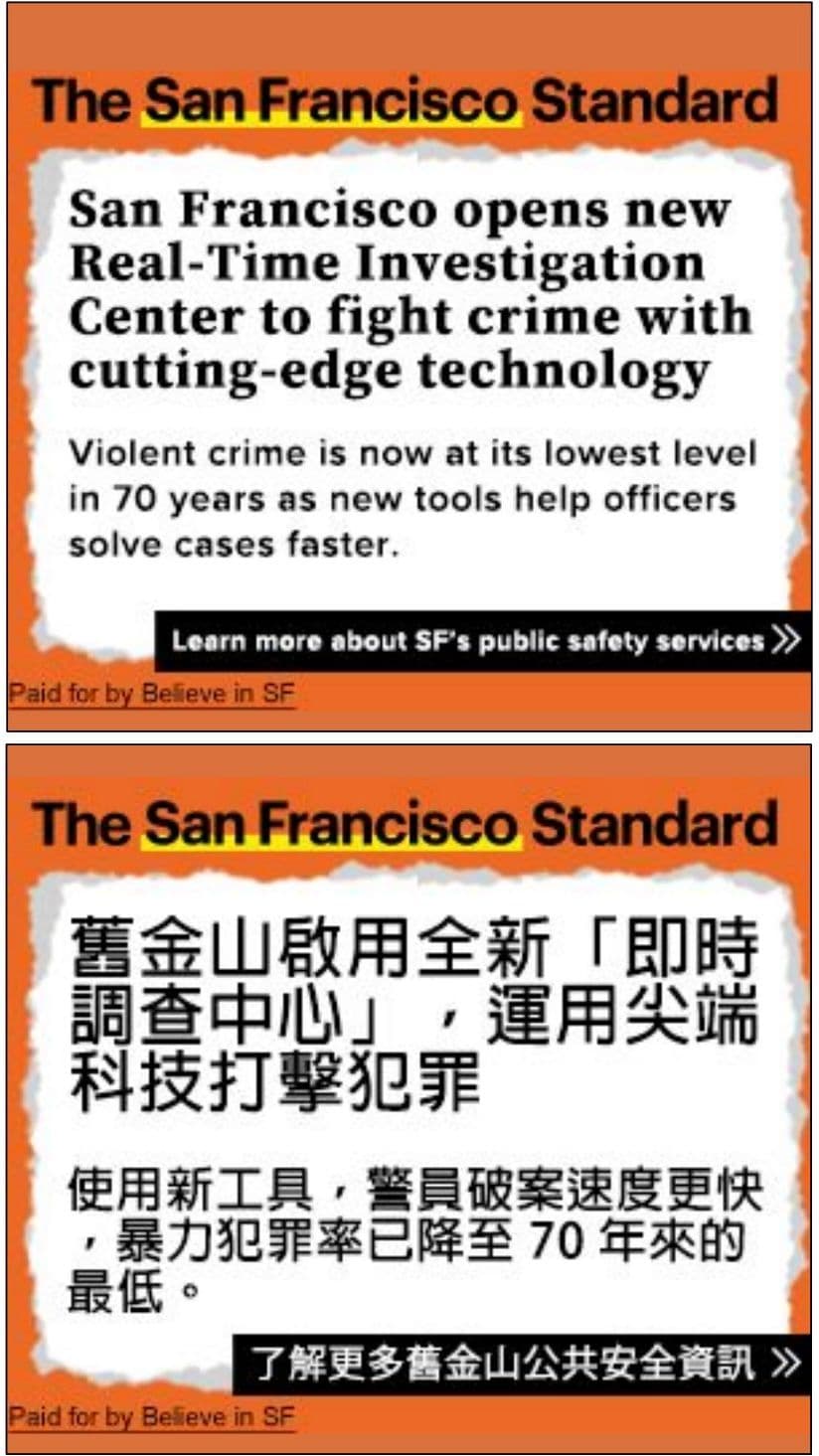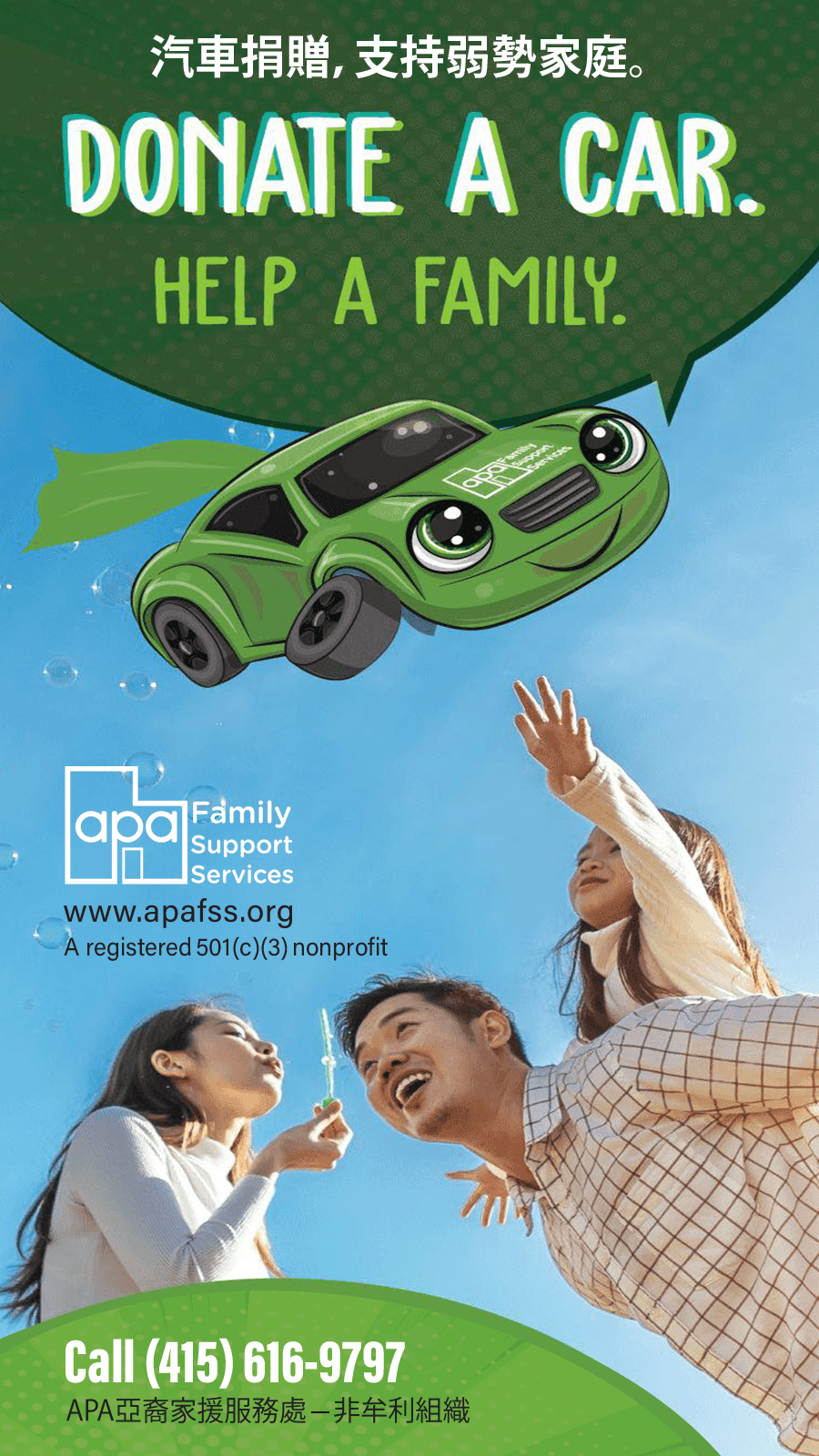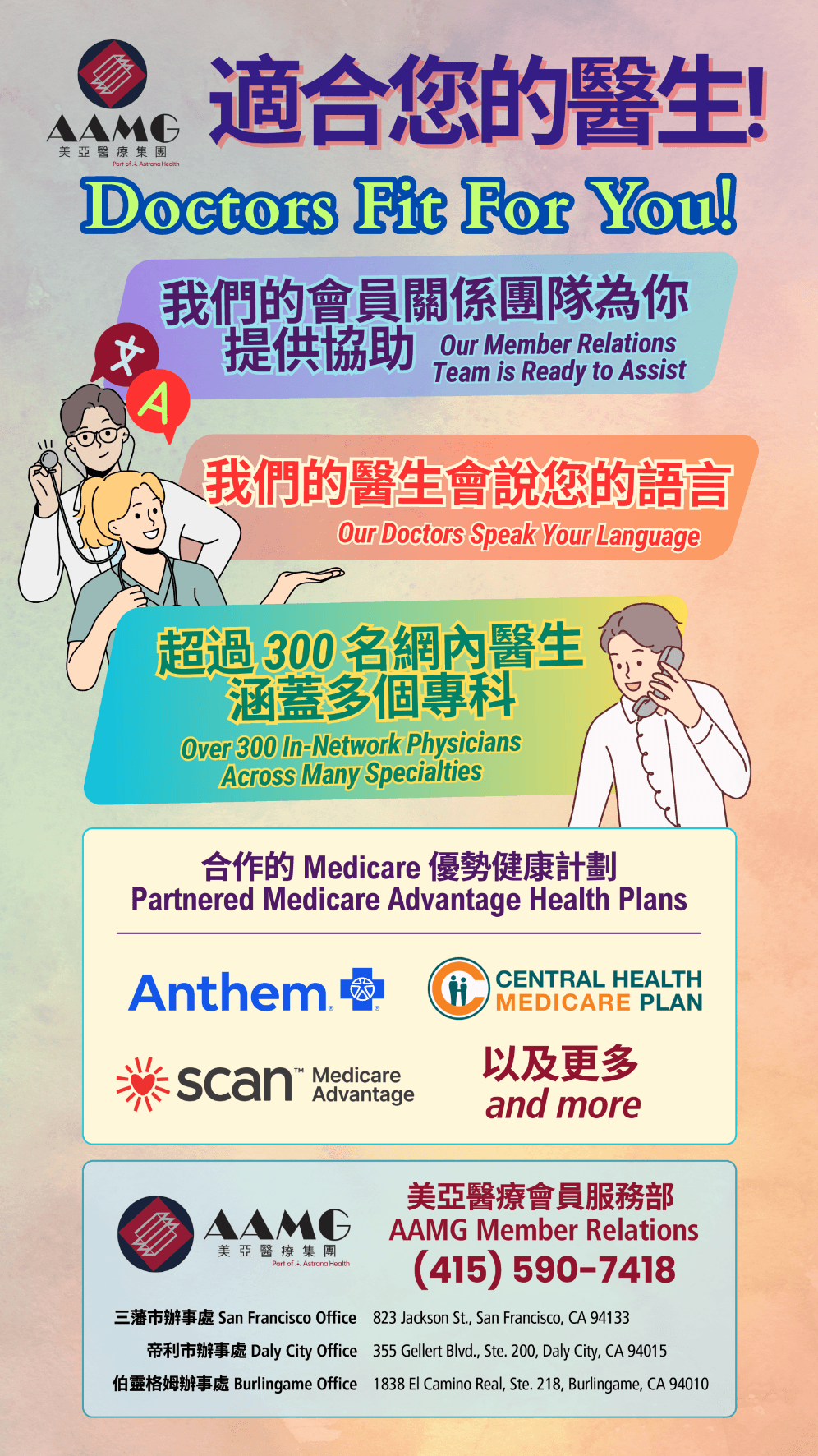Wong Kim Ark Day celebration held in San Francisco Chinatown to commemorate the victory on birthright citizenship at U.S. Supreme Court 125 years ago

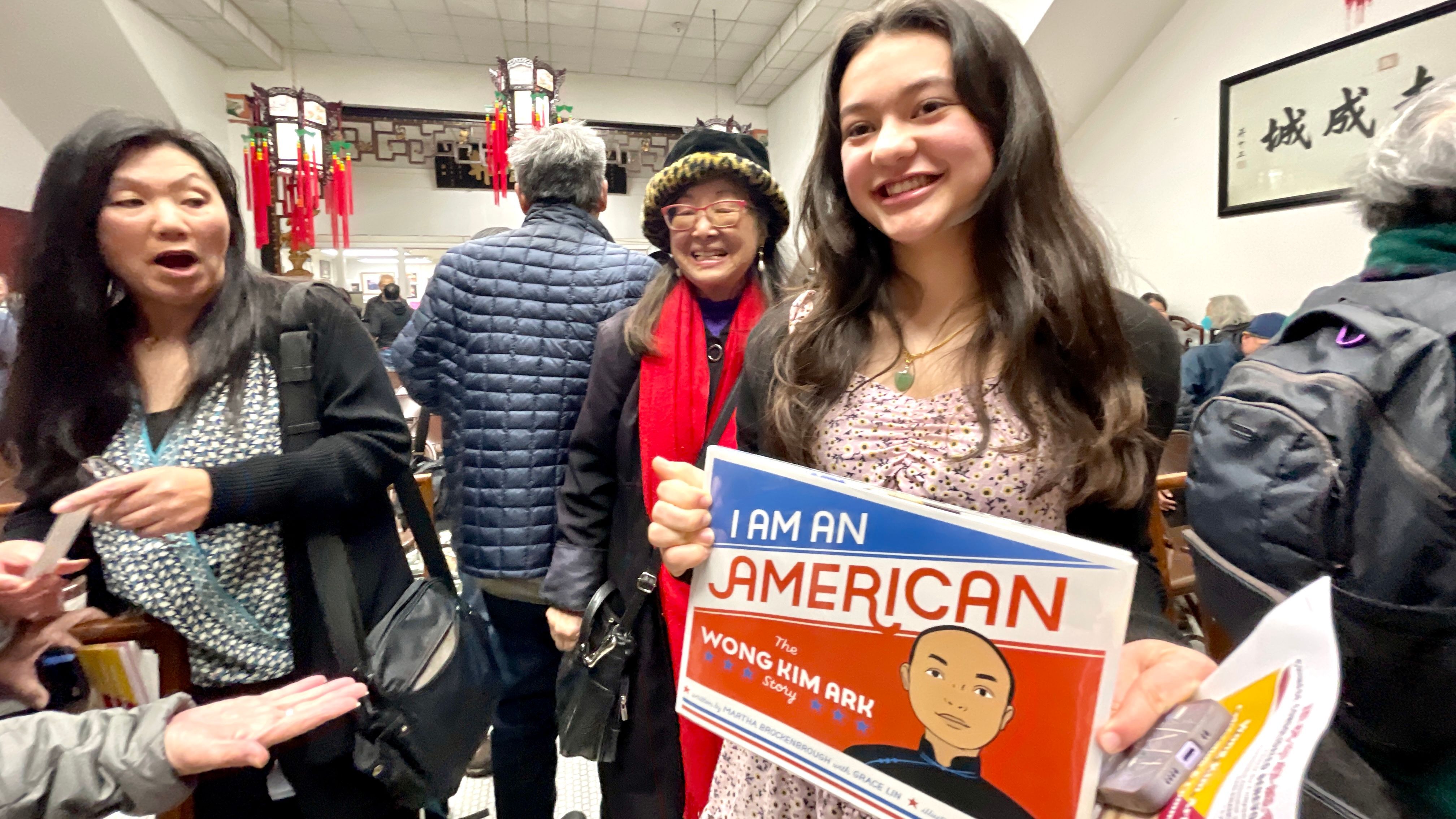
(SAN FRANCISCO) Wong Kim Ark was born in San Francisco Chinatown. He left San Francisco for China to visit his parents on November 15, 1894. When he returned in August 1895, he was detained and denied entry. He fought all the way to the U.S. Supreme Court for his birthright citizenship. The Supreme Court ruled in favor of Wong Kim Ark on March 28, 1898.
This year marks the 125th anniversary of the Supreme Court landmark decision on the birthright citizenship sued by Wong Kim Ark, an U.S.-born Chinese American from San Francisco Chinatown. A celebration and commemoration event of the victory took place on March 25 in his birthplace: San Francisco Chinatown.
The Supreme Court's ruling on the Wong Kim Ark v. United States (1898) determined that the 14th Amendment to the U.S. Constitution granted birthright citizenship to all persons born in the United States regardless of race or nationality.
The Supreme Court heard the arguments on March 5 and 8 in 1897 and ruled 6-2 in favor of Wong Kim Ark on March 28, 1898.
The Wong Kim Ark Day celebration took place on March 25 at the Chinese Consolidated Benevolent Association ( CCBA) where the lawsuit filed by Wong Kim Ark began in 1895.
The celebration was co-hosted by CCBA, Chinese Historical Society of America, Angel Island Immigration Station Foundation, UC Law San Francisco, and the 1990 Institute.
Legal scholars and educators are the key organizers for the celebration, including John Trasvina, former Law School Dean of University of San Francisco, Ming Hsu Chen, Professor and Founding Director of Center on Race, Immigration, Citizenship & Equality at UC College of the Law San Francisco, Charles McClain, Professor of UC Berkeley Law School, Gabriel Chin, Professor of UC Davis Law School, Amanda Frost, Professor of University of Virginia Law School, and Thomas Jue, Professor of UC Davis.
Wong Kim Ark's descendants, great grandchildren Sandra Wong and Norman Wong, attended the event at CCBA. "My father never mentioned so much about his past, growing up or coming to America. I only found out about our connection to Wong Kim Ark at my father's funeral," Sandra Wong recalled. "There was a newspaper clipping that I saw on his photo board at his funeral, which made reference to this which led me to explore further. Everything else I found on the internet and through others."
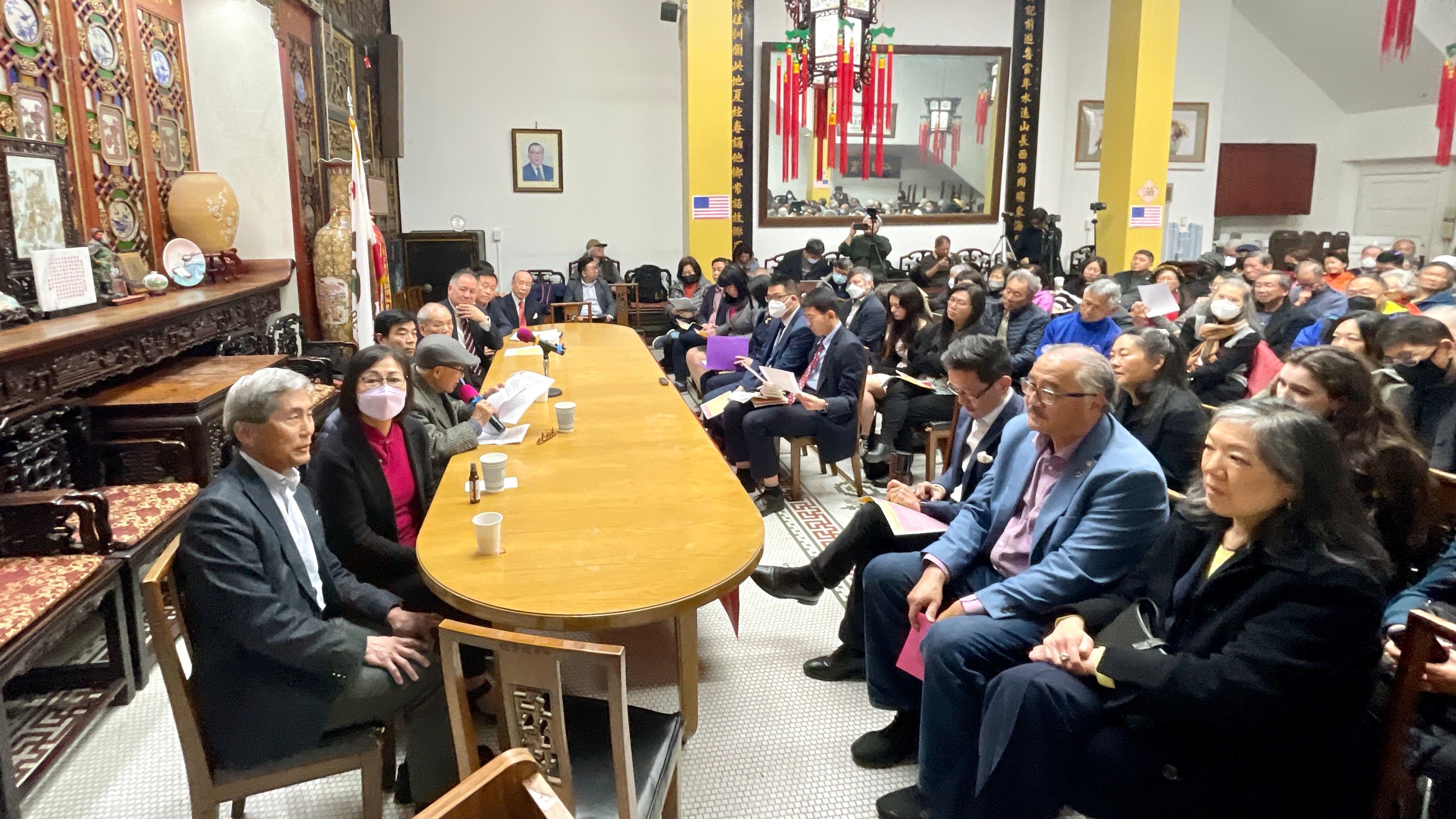
"Attending the 125th Anniversary was an honor. It was touching hearing from the speakers on how the Supreme Court decision made an impact on many lives from both a historical and legal perspective. I also learned a lot listening to speakers' stories," Sandra Wong added.
"I am so grateful that we took the time to commemorate this day because it's so important to remember where we've been and all the struggles our ancestors have endured in life," said Sandra Wong.
Wong Kim Ark was born in San Francisco Chinatown in 1873. In China, it was the Qing Dynasty, 1636-1912, when Wong Kim Ark was born. The queue hairstyle was required for all men in the Qing Dynasty in China. Wong Kim Ark was seen wearing a queue in the photo taken by the U.S. government when he departed the country for China on November 15, 1894.
Wong Kim Ark's father, Wong Si Ping, and his mother, Wee Lee, were immigrants from China. His father was a merchant and owned a shop on Sacramento Street in Chinatown. The family lived upstairs above the store. It was where Wong Kim Ark was born.
The Chinese Exclusion Act was passed in 1882 and repealed in 1943. Because of the discrimination and treatment in the United States, Wong Kim Ark's parents moved to China, Taishan city in the Guangdong Province.
But Wong Kim Ark stayed in San Francisco, traveling to China to visit his parents on two separate occasions. He was able to come back to San Francisco on his first trip to visit his parents. He was granted entry upon his return to the U.S. in 1890.
Four years later in 1984, Wong Kim Ark left for China to visit his parents. He was detained and denied reentry in August 1895 when he returned. The collector of customs claimed that Wong was not a citizen and the Chinese Exclusion Act.
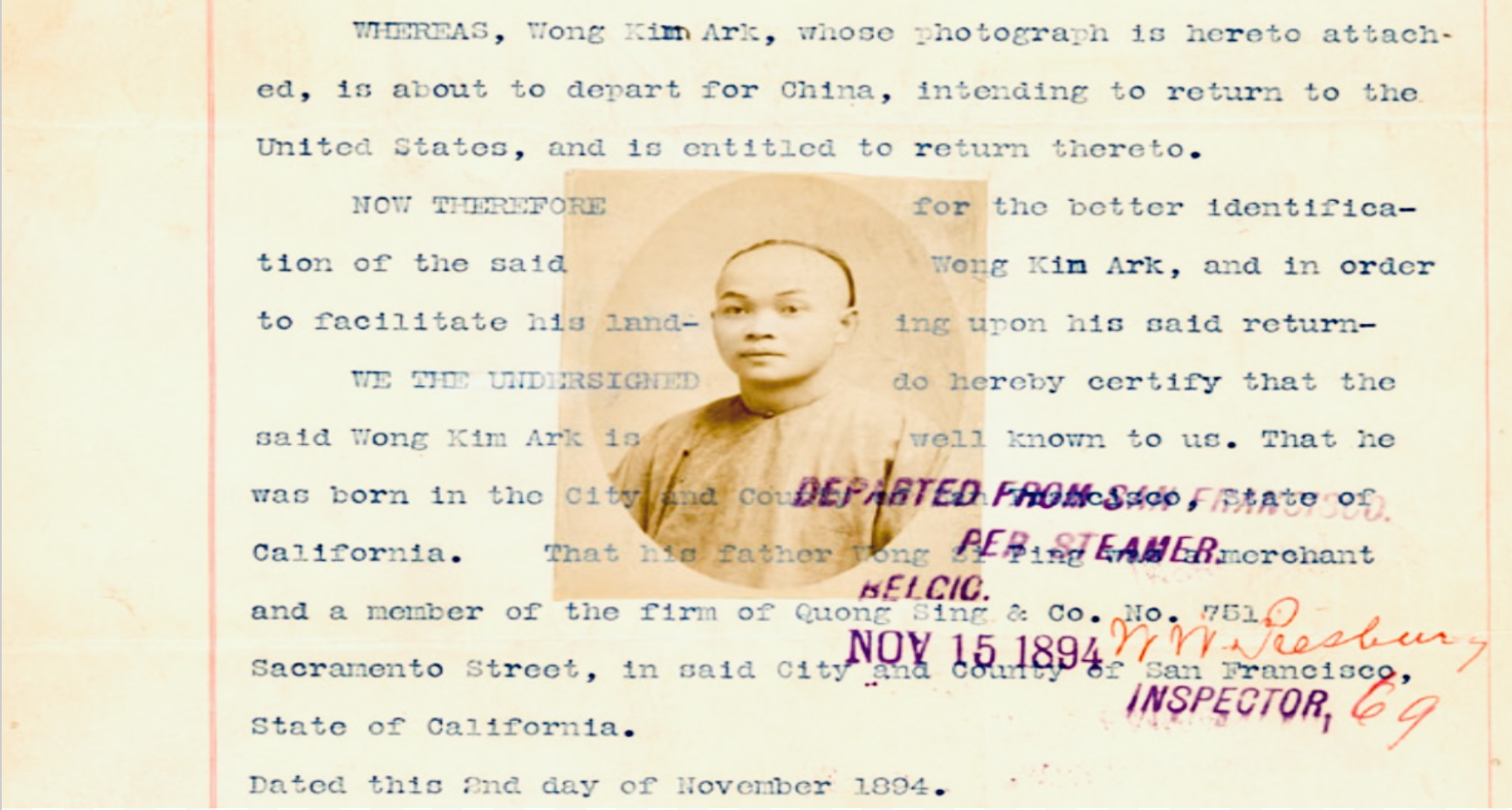
Wong Kim Ark gained support from CCBA to hire lawyers to sue the U.S. government. He fought his case all the way to the Supreme Court of the United States and won his birthright citizenship on March 28, 1898.
United States v. Wong Kim Ark became a landmark decision to benefit Chinese Americans and all ethnicities for over a century.
Mel Lee, Board Member of CCBA, spoke in the celebration that CCBA was founded when the first groups of Chinese immigrants came to San Francisco and other regions of the country over 170 year ago. CCBA has had chapters at San Francisco and major cities all over the county to provide services for members of the Chinese community and fight for justice for them.
Doug Chan, a lawyer and Board Chair of the Chinese Historical Society of America, said the Wong Kim Ark case was very personal to him. He was born in San Francisco. His grandparents were also born in Chinatown not far away from CCBA.
"People thought the American civil rights movement began in the 1960s. Wong Kim Ark case tells us that the Chinese community started the movement even in 1898 over a century ago. The Wong Kim Ark case has secured a civil rights foundation for the future ," said Chan. "I have three words to talk about the Wong Kim Ark case: We Belong Here."
A panel discussion was held at CCBA with legal scholars as speakers to analyze the significant impacts of the Wong Kim Ark ruling that benefits all ethnic communities with children who are born in the United States.
The legal scholars stated that the U.S. Supreme Court ruled in 1898 to affirm the fundamental right of citizenship by birth under the 14th Amendment and the protection of the country, including all children born of resident aliens.
- NAPCA Column 18: About the One Big Beautiful Bill Act
- San Francisco Real-Time Investigation Center (RTIC) equipped with drones and advanced technologies now fully operates to help keep the city safe
- The community blessed for two Chinese American Police Chiefs in a row to lead San Francisco Police Department
- San Francisco newly-appointed D4 Supervisor Alan Wong votes for Family Zoning Plan in his first full board meeting
- Opinion: My concerns about negative impact of road constructions to traffic and communities in SF’s Chinatown and Sunset
- Tech entrepreneur & political advisor Saikat Chakrabarti runs for Congress to fill Nancy Pelosi’s House seat
- Kenneth Binder appointed as San Mateo County Sheriff for a 3-year term
- U.S. Representative Nancy Pelosi to retire in Jan 2027 after 40 years in Congress representing San Francisco


